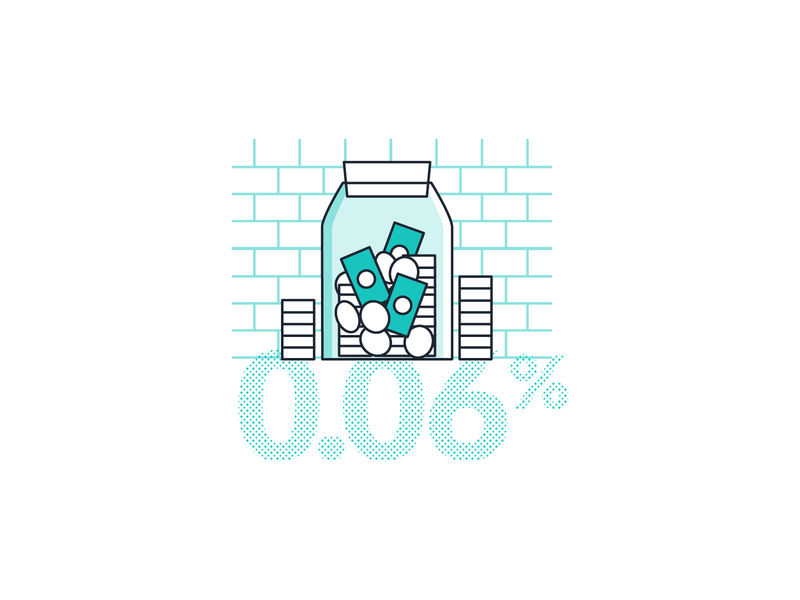The Financial Effect Of Defaulting On An Efficiency Bond
The Financial Effect Of Defaulting On An Efficiency Bond
Blog Article
Material Author-
When a guaranty problems an efficiency bond, it assures that the principal (the celebration that buys the bond) will accomplish their responsibilities under the bond's terms. If the primary fails to fulfill these obligations and defaults on the bond, the guaranty is responsible for covering any type of losses or problems that result.
1. Loss of credibility: Back-pedaling an efficiency bond can harm the principal's track record and credibility, making it more difficult to secure future company or financing.
2. bond deal and management prices: The surety might require to pay legal and management expenses associated with going after the principal for problems or attempting to correct the situation.
3. Economic losses: The guaranty may need to cover the price of completing the job or supplying the solutions that the principal stopped working to supply. This can cause significant economic losses for the surety.
4. Increased premiums: If the principal has a background of defaulting on efficiency bonds, they may be required to pay higher costs in the future to obtain the needed bonding.
In general, defaulting on a performance bond can have serious monetary repercussions for both the principal and the guaranty. It is essential for principals to carefully consider their obligations and guarantee they have the ability to satisfy the terms of the bond to stay clear of these negative outcomes.
Defaulting on an efficiency bond can be a costly mistake for companies. When you stop working to fulfill the bond's responsibilities, the financial effects can be considerable. From paying the full bond total up to potential lawful fights and damaged relationships, the repercussions can resound throughout your service operations. Comprehending the complex internet of financial impacts that defaulting on an efficiency bond can have is essential for securing your firm's economic wellness and track record.
Financial Penalties for Defaulting
If you back-pedal an efficiency bond, you'll likely face substantial financial penalties. These penalties can differ relying on the terms of the bond agreement however frequently involve paying the bond quantity in full to the obligee. please click for source implies that if you stop working to meet your contractual commitments, you need to pay the bond total up to the job proprietor or the entity that called for the bond.
Additionally, you may additionally be in charge of any type of additional expenses sustained by the obligee due to your default, such as discovering a substitute contractor or covering job hold-ups.
Back-pedaling an efficiency bond can likewise result in legal charges and court prices if the obligee determines to take lawsuit versus you to recover the bond amount. small loan company bonds can rapidly build up, additional worsening the economic effect of your default. It's essential to thoroughly assess and recognize the regards to the performance bond to stay clear of these extreme financial penalties.
Impact on Organization Cash Flow
Back-pedaling an efficiency bond can considerably affect your organization capital, influencing monetary stability and operational abilities. When you back-pedal a performance bond, you run the risk of losing the bond amount, which can be a considerable sum. This loss straight affects your capital, as you'll require to find different sources of moneying to cover the bond quantity. Moreover, skipping can result in raised analysis from guaranties, making it harder and a lot more expensive to secure bonds in the future. This can further stress your cash flow as you might require to designate extra sources to satisfy bonding demands.
The impact on your capital doesn't stop there. Defaulting on an efficiency bond can likewise result in project hold-ups or terminations, causing a loss of profits. In addition, the negative reputation that includes skipping can discourage potential clients, additionally lowering your capital. On the whole, back-pedaling a performance bond can have detrimental impacts on your company's monetary health and capacity to operate smoothly.
Legal Ramifications and Lawsuits
Encountering legal implications and possible claims as a result of defaulting on a performance bond can considerably influence your service's online reputation and monetary standing. When you back-pedal an efficiency bond, the surety firm might take legal action to recuperate the bond amount paid out. This could lead to expensive legal charges, court expenses, and potential negotiations or judgments against your organization.
Moreover, back-pedaling a performance bond may bring about harmed connections with clients, subcontractors, and distributors, influencing your capability to protect future contracts. Suits arising from bond defaults can tarnish your organization's credibility in the sector, making it challenging to attract new partners or customers.
In addition, if the default brings about a court judgment versus your service, it might lead to asset seizure or liens, even more stressing your financial security. Consequently, it's important to comprehend the legal effects of back-pedaling an efficiency bond and take aggressive actions to minimize the dangers included.
Final thought
As you face the effects of defaulting on an efficiency bond, remember this: it's like walking a tightrope without a safety net. One wrong action can send you dropping into a monetary freefall, without method to stop the loss.
The financial penalties, capital impact, and legal implications are all waiting to capture you if you mistake. So step carefully, and always recognize your dedications to stay clear of the harsh consequences of default.
